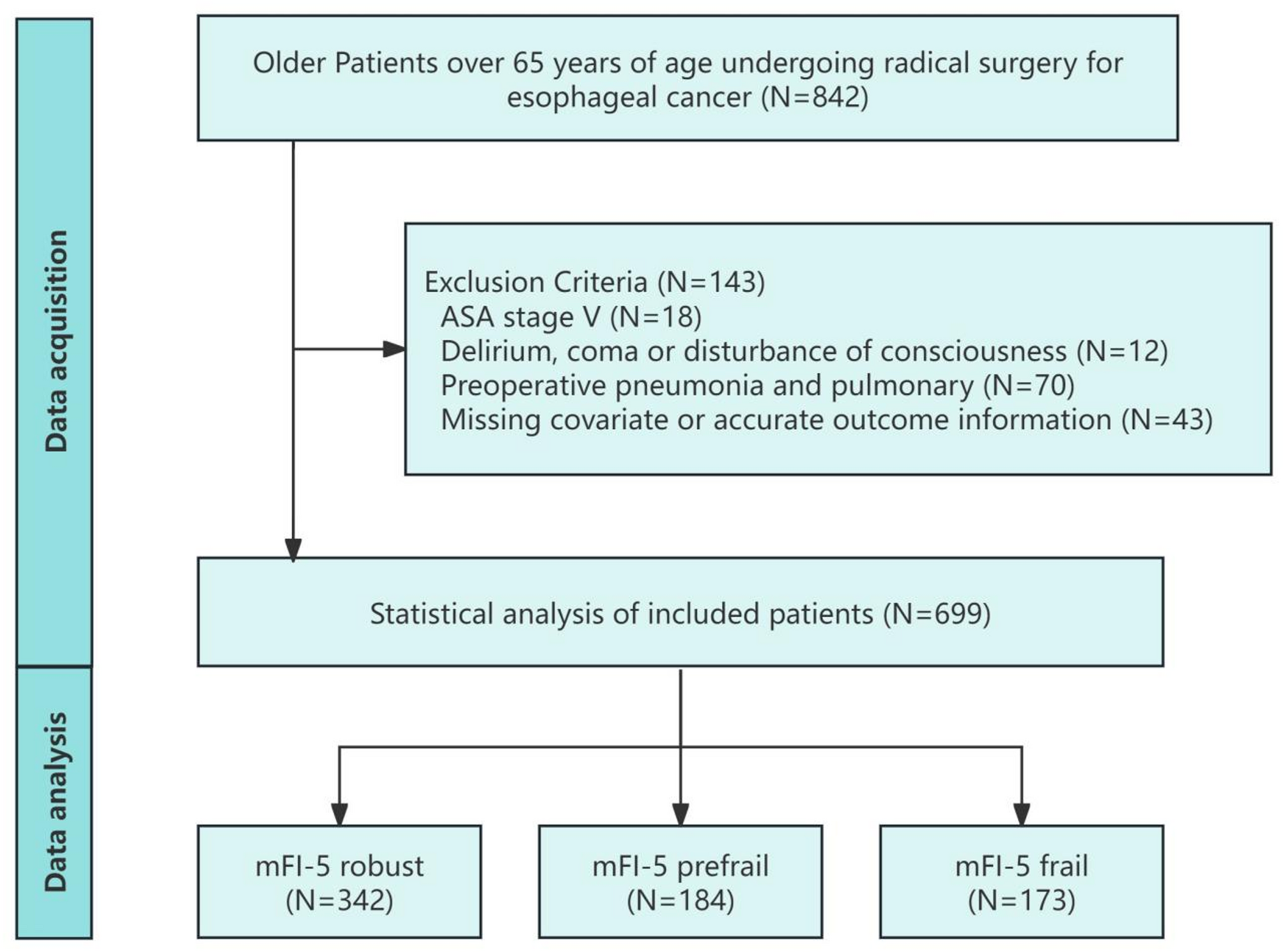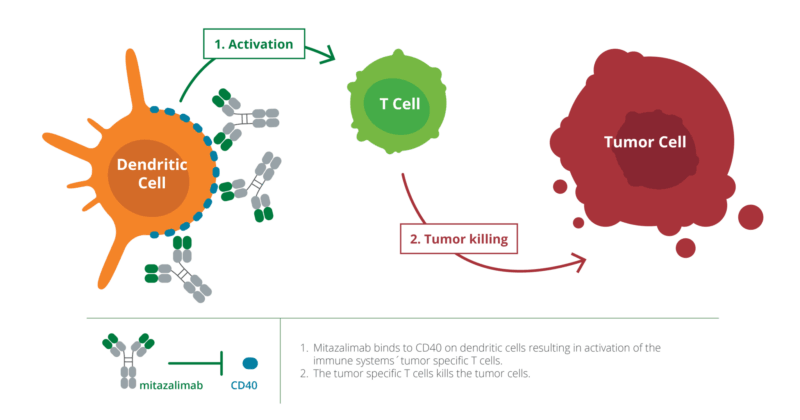It’s one of the most memorable scenes in Annie Hall: Diane Keaton’s eponymous protagonist chatting with Alvy on the balcony of her apartment. Alvy asks if she took the photographs displayed inside. “They’re wonderful,” he says. “They…
Blog
-

Figure skating – Grand Prix de France 2025: Full schedule, all results, scores and standings
ISU Grand Prix de France 2025: How to watch live
The International Skating Union (ISU) has TV partnerships across the globe for the Grand Prix series and Grand Prix Final. You can find a full list of TV providers and streamers by country…
Continue Reading
-

ChatGPT Is Coming to Slack. Here’s How to Use It.
Slack is getting an AI boost from OpenAI.
The online workspace is giving AI chatbot ChatGPT its own place within the app. With the new integration that rolled out this week, OpenAI said it will have a sidebar for…
Continue Reading
-

Preview, schedule and how to watch live
People’s Republic of China’s Xu Xiaoming and Canada’s Homan return as defending champions
Reigning men’s champions, the People’s Republic of China, will be bidding to go back-to-back for the first time after their historic title win last year in…
Continue Reading
-

Brief preoperative frailty predicts postoperative adverse outcomes in older patients with radical esophageal cancer surgery | BMC Geriatrics
Study population
We retrospectively analyzed the case data of 699 patients (aged ≥ 65 years) who underwent radical surgery for esophageal cancer from January 1, 2014 to January 31, 2017 in the perioperative database of geriatric thoracic…
Continue Reading
-

Mitazalimab plus mFOLFIRINOX in Metastatic Pancreatic Cancer: Insights from the OPTIMIZE-1 Study
Pancreatic cancer remains one of the deadliest cancers, with limited effective treatment options and a generally poor prognosis. According to the American Cancer Society, pancreatic cancer accounts for about 3% of all cancers in the United States, yet it is responsible for approximately 8% of all cancer deaths. In 2025, an estimated 67,440 Americans (34,950 men and 32,490 women) will be diagnosed with pancreatic cancer, and about 51,980 deaths (27,050 men and 24,930 women) are expected. The average lifetime risk of developing pancreatic cancer is about 1 in 56 for men and 1 in 60 for women.
In this challenging landscape, novel immunotherapies are being explored to improve patient outcomes. One such investigational agent is mitazalimab, a monoclonal antibody targeting CD40, a key immune co-stimulatory receptor. Developed by Alligator Bioscience, mitazalimab is currently being studied in combination with chemotherapy in metastatic pancreatic cancer, showing promising early-phase results.
What Are Monoclonal Antibodies?
Monoclonal antibodies (mAbs) are laboratory-engineered proteins that mimic the immune system’s ability to recognize and bind to specific targets, such as proteins on the surface of cancer cells. By doing so, they can block signals that tumors use to grow, mark cancer cells for destruction by the immune system, or deliver toxic agents directly to the tumor.
What Is CD40 and Why Does It Matter in Cancer?
CD40 is a receptor found on antigen-presenting cells (APCs), including dendritic cells, B cells, and macrophages. It plays a central role in regulating immune responses by promoting the activation of T cells. In cancer immunotherapy, stimulating CD40 can turn these APCs into potent activators of the immune system, helping to mount a strong antitumor response.
What Is Mitazalimab?
Mitazalimab is a next-generation monoclonal antibody developed by Alligator Bioscience. It belongs to a class of drugs designed to stimulate the immune system against cancer. Specifically, it targets CD40, a receptor expressed on antigen-presenting cells such as dendritic cells, B cells, and macrophages. By activating CD40, mitazalimab enhances the body’s ability to recognize and destroy cancer cells.
This drug is being investigated primarily in metastatic pancreatic cancer, a disease with historically poor outcomes and limited treatment options. Mitazalimab represents one of the most advanced CD40 agonists currently in clinical development.
How Does Mitazalimab Work?
CD40 plays a key role in immune system activation. When CD40 is stimulated, it helps dendritic cells “teach” T cells to recognize and attack tumors. Mitazalimab binds to CD40 and mimics the natural signals that activate this immune pathway, leading to:
- Enhanced antigen presentation
- Activation of tumor-specific T cells
- Immune system priming against cancer
In preclinical studies, it has shown potential to improve immune response not only alone but also when used in combination with chemotherapy, checkpoint inhibitors, or cancer vaccines. It may also help generate durable antitumor immunity that persists after treatment ends.

Photo from Alligator Bioscience Official Website.
Early Clinical Experience and Biomarker Evidence
Mitazalimab was initially evaluated in two Phase 1 trials. One, led by Alligator Bioscience, assessed intratumoral administration, while the other, conducted by Janssen Biotech, studied systemic administration in patients with advanced solid tumors. These trials confirmed mitazalimab’s favorable safety profile and demonstrated early signals of antitumor activity. One patient with renal cell carcinoma achieved a partial response, and ten patients experienced stable disease for six months or longer.
Mitazalimab’s mechanism of action was further supported by biomarker analyses. The drug activated key immune cells—including dendritic cells, macrophages, and T cells—enhancing both innate and adaptive immune responses. Transcriptomic profiling in patient-derived immune cells showed strong immune activation consistent with its CD40 agonist activity.
REACTIVE-2: Investigator-Initiated Study in Pancreatic Cancer
The REACTIVE-2 trial was a Phase 1, investigator-sponsored study evaluating mitazalimab in combination with the cancer vaccine MesoPher in patients with previously treated metastatic pancreatic cancer. The final patient was dosed in 2023. This study added further translational support to the immune-stimulatory potential of mitazalimab in this hard-to-treat malignancy.
OPTIMIZE-1: Phase 2 Trial in First-Line Metastatic Pancreatic Cancer
The OPTIMIZE-1 study marked a major advancement in mitazalimab’s development. This open-label, multicenter Phase 2 trial evaluated mitazalimab in combination with mFOLFIRINOX in patients with previously untreated metastatic pancreatic ductal adenocarcinoma (PDAC).
At the 24-month cutoff:
- Overall survival rate was 29.4%, nearly triple the historical 8% seen with chemotherapy alone.
- Median overall survival (mOS) reached 14.9 months, surpassing the 11.1 months typically seen with FOLFIRINOX and the 9.2–11.1 months reported in studies like NALIRIFOX.
- Objective response rate (ORR) was 42.1% confirmed and 54.4% unconfirmed among 57 evaluable patients.
- Median duration of response (DoR) was 12.6 months, significantly longer than with standard chemotherapy.
At the data cutoff, 28% of patients remained alive, and 9% were still on active treatment. These results highlight mitazalimab’s potential to enhance the depth and durability of responses when combined with chemotherapy.
Previously published in The Lancet Oncology 2024, the OPTIMIZE-1 trial showed that among 57 evaluable patients with metastatic pancreatic ductal adenocarcinoma treated with mitazalimab plus modified FOLFIRINOX, the confirmed objective response rate was 40%, exceeding the primary endpoint. Median progression-free survival was 7.7 months, and median overall survival reached 14.3 months, with 59% of patients alive at 12 months. At data cutoff, 51% remained on study and 32% on treatment.
The median duration of response was 12.5 months. Treatment was generally manageable; the most common grade 3 or higher adverse events included neutropenia (26%), hypokalemia (16%), anemia, and thrombocytopenia (both 11%). Serious adverse events occurred in 41% of patients but none were attributed to mitazalimab. No treatment-related deaths were reported. These encouraging results support further phase 3 evaluation of this combination.
00263-8/asset/c1404d50-9e80-463d-9688-a16b7f125c81/main.assets/gr3.jpg)
An updated analysis published in Cell Reports Medicine 2025 provided extended follow-up and biomarker insights. At a median follow-up of 18.2 months, the confirmed ORR was 42.1 % (one complete and 24 partial responses), with an unconfirmed ORR of 54.4 % and a disease-control rate of 78.9 %. The median duration of response was 12.6 months, PFS 7.7 months, and OS 14.9 months, with 12- and 18-month OS rates of 57.8 % and 36.2 %, respectively.
Exploratory biomarker analyses identified a fibrosis-related gene signature enriched for extracellular-matrix-remodeling genes (MMP2, MMP14) associated with improved survival, and mitazalimab-induced activation of T, B, NK, and myeloid cells correlated with longer PFS and OS. Circulating-tumor-DNA analyses showed ctKRAS clearance in 72 % of patients, predicting longer survival; molecular responses preceded radiologic responses by ≈47 days, while molecular progression appeared ≈39 days earlier than imaging.
Dose Optimization and Regulatory Feedback
Based on FDA guidance, an expansion cohort of OPTIMIZE-1 tested a lower 450 µg/kg dose. Topline results showed an ORR of 22.7% at this dose—less effective than the 54.4% seen at 900 µg/kg—confirming the need to advance the higher dose into Phase 3.
Alligator Bioscience has completed CMC requirements, including GMP manufacturing readiness. Both the U.S. FDA and Germany’s Paul Ehrlich Institute confirmed that OPTIMIZE-1 qualifies as a Phase 3-enabling trial.
Phase 3 Planning and Commercial Strategy
A final Phase 3 protocol was submitted at the FDA’s End-of-Phase-2 meeting in January 2025. Regulatory agencies have agreed that the proposed design is suitable to support a future Biologics License Application (BLA) and Marketing Authorization Application (MAA).
Alligator Bioscience is planning to launch a global Phase 3 trial in the second half of 2025, potentially positioning mitazalimab for accelerated approval in first-line metastatic pancreatic cancer.
Continue Reading
-

La Roche-Posay reveals mental toll of eczema and scars
La Roche-Posay has found that scarring and eczema take a “profound” psychological toll on people. Respondents to the Scars of Life Epidemiological Study reported diminished self-esteem, social stigmatization, and limited personal and social…
Continue Reading
-

Marta Garcia makes Formula E return with Lola Yamaha ABT
After a successful early career in karting, Garcia progressed through single-seater racing, competing in the Spanish F4 Championship in 2016 before joining the Renault Sport Academy in 2017.
She went on…
Continue Reading
-

Sensors Information | AZoSensors.com – Page not found
Terms
While we only use edited and approved content for Azthena
answers, it may on occasions provide incorrect responses.
Please confirm any data provided with the related suppliers or
…Continue Reading
-

Trump demands Hamas disarm, as group moves against ‘collaborators’ in Gaza
Merlyn Thomas, Matt Murphy, Benedict Garman & Shayan SardarizadehBBC Verify
 Getty Images
Getty ImagesUS President Donald Trump has threatened to disarm Hamas “violently” amid moves by the group to reassert control over the Gaza Strip, targeting what it…
Continue Reading
